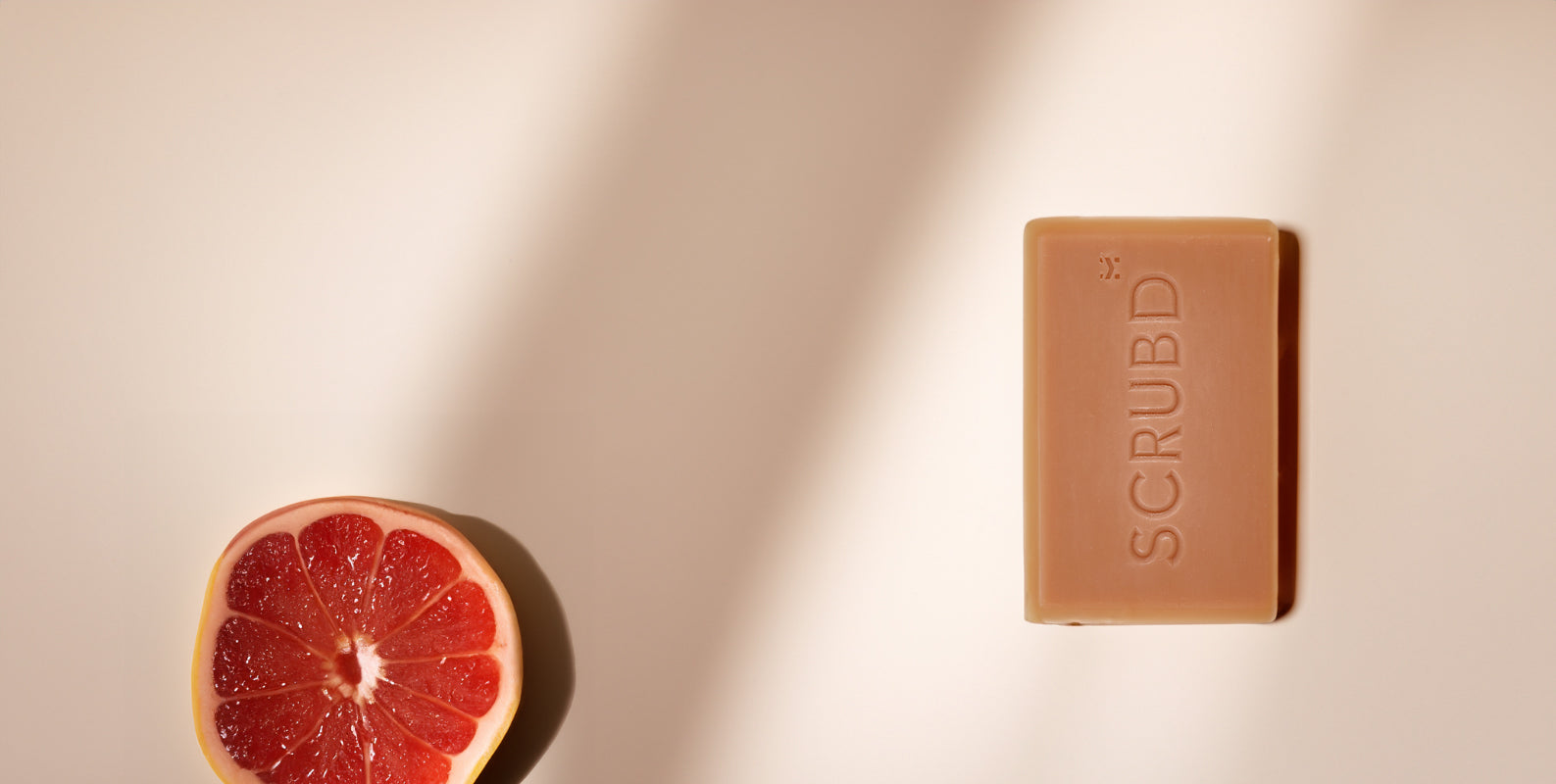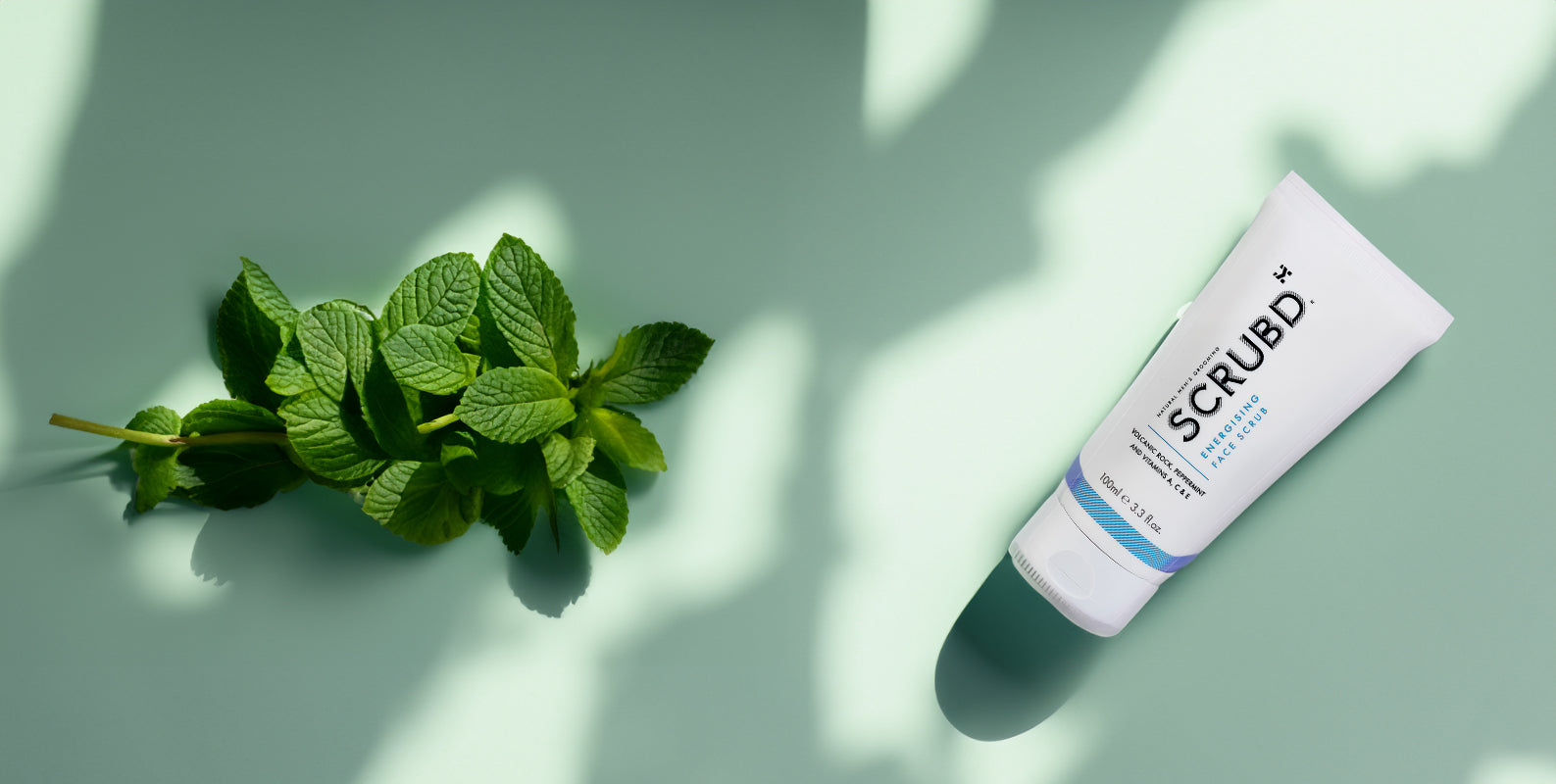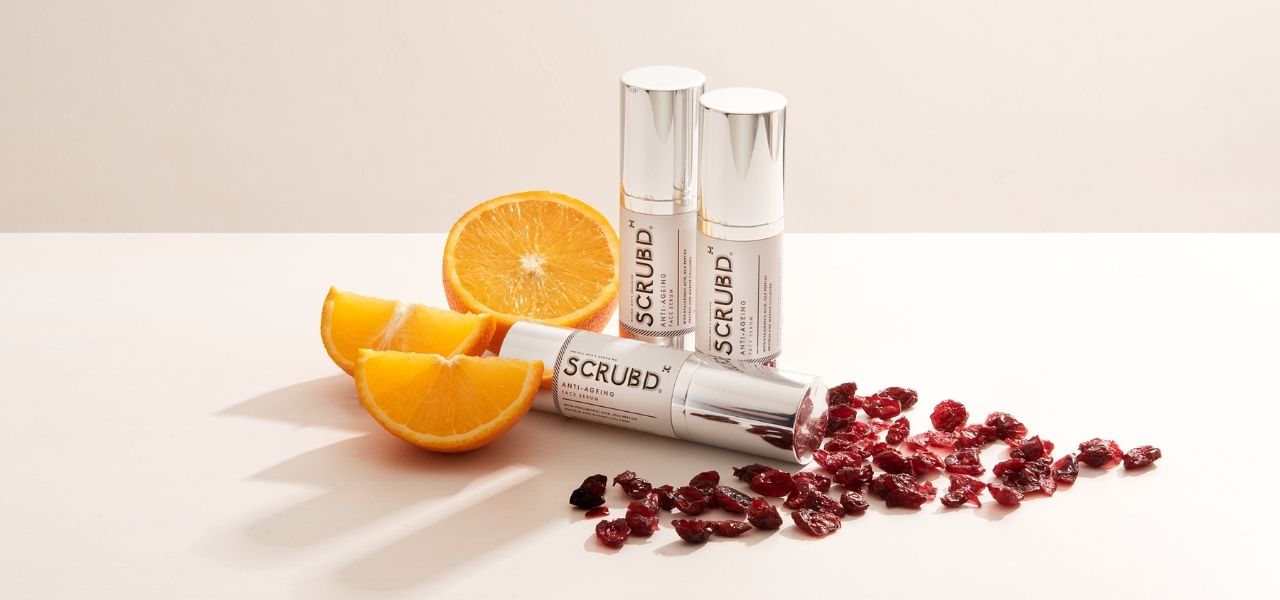When it comes to achieving clear, radiant, and healthy skin, most people think about their skincare routine. While cleansers, toners, serums, and moisturizers play a crucial role, the foundation of beautiful skin starts from within. Your diet is one of the most powerful tools you have to improve the health and appearance of your skin. This comprehensive guide will delve into the myriad benefits of a healthy diet for your skin and provide practical tips to help you make the best nutritional choices for a glowing complexion.
Understanding the Skin-Diet Connection
How Diet Affects Your Skin
Your skin is the largest organ of your body and reflects your overall health. The foods you eat provide the building blocks for your skin cells and influence various bodily functions that impact your skin. A diet rich in vitamins, minerals, antioxidants, and healthy fats can help repair skin damage, reduce inflammation, and promote a youthful appearance.
Key Nutrients for Healthy Skin
Several nutrients are particularly important for skin health:
- Vitamins: Vitamins A, C, E, and K are essential for skin health. They help with collagen production, protect against UV damage, and promote skin cell regeneration.
- Minerals: Zinc and selenium play crucial roles in maintaining skin integrity and healing wounds.
- Antioxidants: These compounds help neutralize free radicals that cause skin aging and damage.
- Omega-3 Fatty Acids: Found in fish and flaxseed, these fats help maintain the skin’s lipid barrier, reducing dryness and inflammation.
Benefits of a Healthy Diet for Your Skin
1. Reduces Acne and Blemishes
A diet high in refined carbohydrates and sugars can lead to insulin spikes, which may trigger acne outbreaks. Consuming foods with a low glycemic index, such as whole grains, fruits, and vegetables, helps maintain stable blood sugar levels and reduce the risk of acne. Additionally, incorporating omega-3 fatty acids, found in fatty fish and flaxseeds, can reduce inflammation and help manage acne.
Tip: Avoid sugary snacks and opt for nutrient-dense foods like nuts, seeds, and fresh fruits to keep your skin clear and blemish-free.
2. Promotes Youthful, Firm Skin
Collagen is a protein that provides structure and elasticity to your skin. As you age, collagen production decreases, leading to wrinkles and sagging skin. A diet rich in vitamin C, found in citrus fruits, strawberries, and bell peppers, boosts collagen synthesis. Additionally, amino acids from protein-rich foods like lean meats, beans, and legumes are vital for collagen production.
Tip: Include a variety of colorful fruits and vegetables in your diet to ensure you’re getting enough vitamin C and other antioxidants to support collagen production.
3. Enhances Skin Hydration
Proper hydration is essential for maintaining skin elasticity and preventing dryness. While drinking enough water is crucial, eating water-rich foods like cucumbers, watermelon, and oranges can also help keep your skin hydrated. Foods high in omega-3 fatty acids, such as salmon and chia seeds, help maintain your skin’s lipid barrier, which retains moisture and keeps your skin supple.
Tip: Aim to drink at least eight glasses of water a day and incorporate hydrating foods into your meals to keep your skin plump and moisturised.
4. Protects Against Sun Damage
Exposure to UV rays from the sun can lead to premature aging, sunburn, and an increased risk of skin cancer. Antioxidants like vitamins C and E, beta-carotene, and polyphenols found in fruits and vegetables help protect your skin from UV damage by neutralizing free radicals. Green tea, tomatoes, and dark chocolate are excellent sources of these protective antioxidants.
Tip: Regularly consume foods rich in antioxidants to bolster your skin’s defense against harmful UV rays and complement your sunscreen routine.
5. Reduces Inflammation and Redness
Chronic inflammation can lead to various skin issues, including rosacea, psoriasis, and eczema. Anti-inflammatory foods such as berries, leafy greens, and fatty fish help combat inflammation. Turmeric, a spice with potent anti-inflammatory properties, can be added to dishes for an extra boost.
Tip: Incorporate anti-inflammatory foods into your diet to help calm your skin and reduce redness and irritation.
Foods to Include for Radiant Skin
1. Fruits and Vegetables
Fruits and vegetables are packed with essential vitamins, minerals, and antioxidants that promote healthy skin. Here are some top choices:
- Berries (blueberries, strawberries, raspberries): High in antioxidants that protect against free radical damage.
- Citrus fruits (oranges, lemons, grapefruits): Rich in vitamin C for collagen production.
- Leafy greens (spinach, kale, Swiss chard): Contain vitamins A, C, and E, which support skin health.
- Tomatoes: High in lycopene, an antioxidant that helps protect against sun damage.
2. Healthy Fats
Healthy fats are crucial for maintaining the skin’s moisture barrier and reducing inflammation. Incorporate these sources:
- Avocados: Packed with healthy fats, vitamins E and C, and antioxidants.
- Nuts and seeds (almonds, walnuts, chia seeds, flaxseeds): Provide omega-3 fatty acids and other nutrients that support skin health.
- Fatty fish (salmon, mackerel, sardines): Rich in omega-3 fatty acids that reduce inflammation and keep skin hydrated.
3. Whole Grains
Whole grains provide fiber, which helps maintain stable blood sugar levels and supports overall health:
- Quinoa: A complete protein source that also provides antioxidants and vitamins.
- Brown rice: Contains essential minerals like magnesium and selenium.
- Oats: High in fiber and contain anti-inflammatory properties.
4. Lean Proteins
Protein is essential for collagen production and skin repair. Choose lean sources:
- Chicken: Provides amino acids necessary for collagen synthesis.
- Beans and legumes: Rich in protein and fiber, promoting healthy skin and digestion.
- Greek yogurt: Contains protein and probiotics that support gut health, which is linked to skin health.
Foods to Avoid for Healthy Skin
1. Sugary Foods and Beverages
High sugar intake can lead to glycation, a process where sugar molecules damage collagen and elastin, leading to premature aging. Avoid:
- Sugary snacks (candy, pastries): Opt for fresh fruits or nuts instead.
- Sugary drinks (sodas, sweetened coffees): Choose water, herbal tea, or black coffee.
2. Processed Foods
Processed foods often contain unhealthy fats, sugar, and preservatives that can harm your skin. Limit:
- Fast food: Opt for homemade meals with fresh ingredients.
- Packaged snacks (chips, cookies): Choose whole foods like fruits, nuts, and seeds.
3. Dairy Products
For some people, dairy can exacerbate acne and other skin issues. If you notice a correlation between dairy consumption and skin problems, consider reducing:
- Milk: Try plant-based alternatives like almond or oat milk.
- Cheese and yogurt: Choose dairy-free options if necessary.
Practical Tips for a Skin-Healthy Diet
1. Plan Balanced Meals
Ensure your meals include a variety of nutrient-dense foods. Aim to fill half your plate with fruits and vegetables, one-quarter with lean protein, and one-quarter with whole grains.
Tip: Use meal planning to incorporate a range of skin-healthy foods throughout the week.
2. Stay Hydrated
Drinking enough water is essential for skin hydration. Carry a water bottle with you and sip throughout the day.
Tip: Add a slice of lemon or cucumber to your water for extra flavor and nutrients.
3. Limit Alcohol and Caffeine
Excessive alcohol and caffeine consumption can dehydrate your skin. Enjoy these beverages in moderation and balance them with plenty of water.
Tip: For every alcoholic or caffeinated drink, have a glass of water to stay hydrated.
4. Choose Healthy Snacks
Swap out processed snacks for whole foods that support skin health. Keep a variety of healthy snacks on hand, such as:
- Fresh fruits: Apples, berries, and grapes are convenient and nutritious.
- Nuts and seeds: Almonds, walnuts, and sunflower seeds provide healthy fats and protein.
- Veggie sticks: Carrot, cucumber, and bell pepper sticks are great for snacking.
5. Cook at Home
Cooking at home allows you to control the ingredients and ensure you’re eating nutrient-dense meals. Experiment with different recipes and cooking methods to create delicious and skin-friendly dishes.
Tip: Plan your meals for the week to make healthier choices easier and more convenient.
Conclusion
Your diet plays a crucial role in your skin's health and appearance. By incorporating nutrient-dense foods and eliminating harmful options, you can enhance your skin's radiance and overall well-being. Remember, beautiful skin starts from within, and making mindful dietary choices is the first step toward achieving the complexion you desire.








